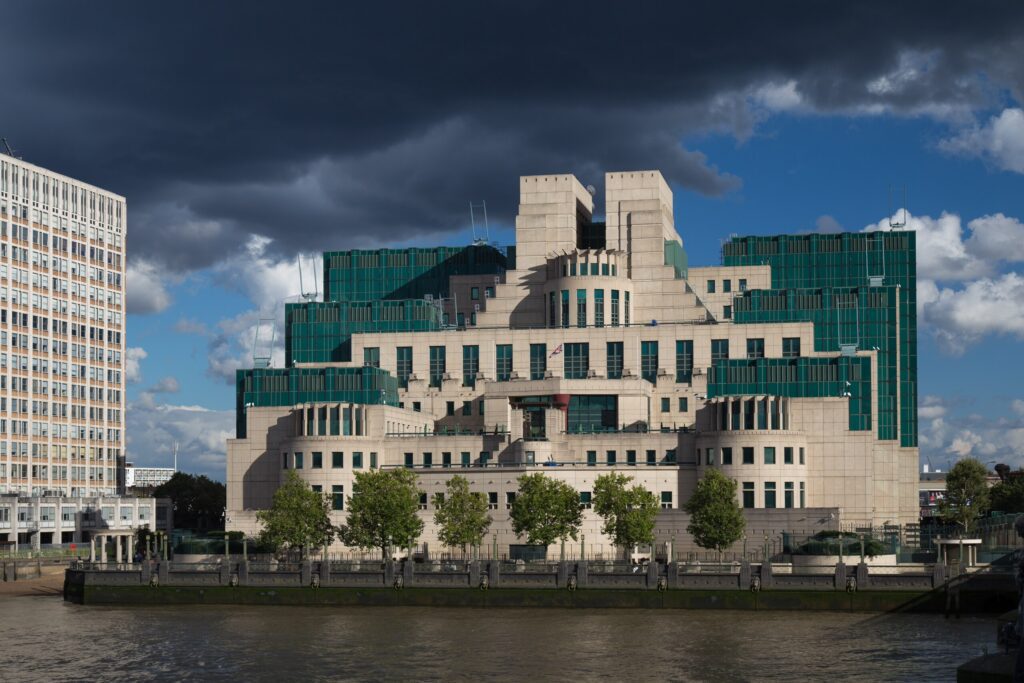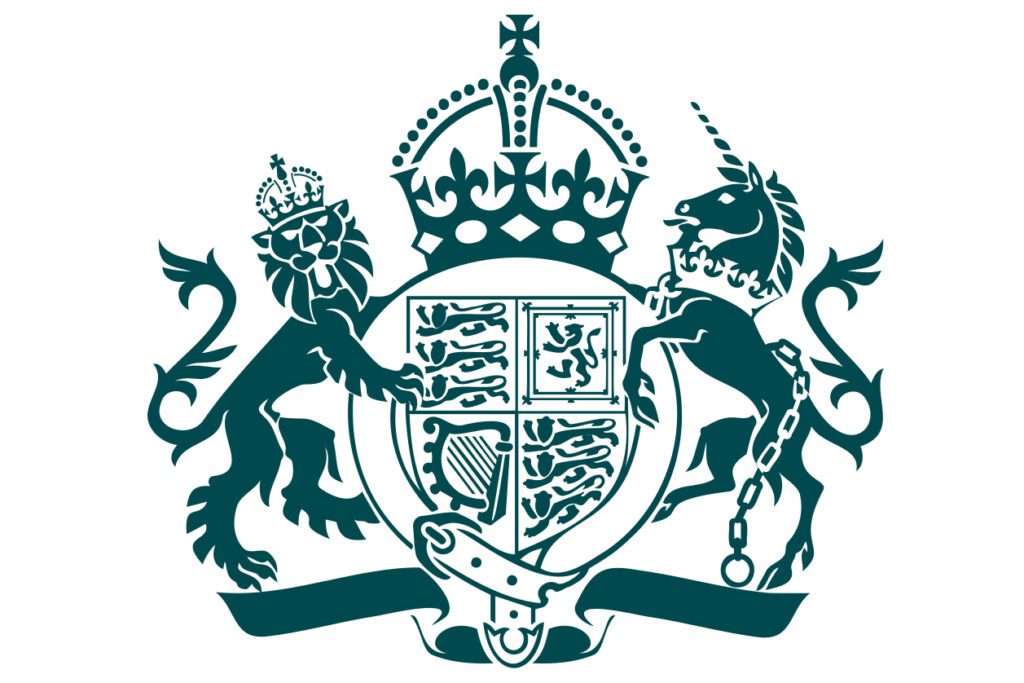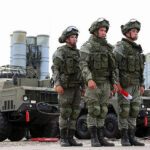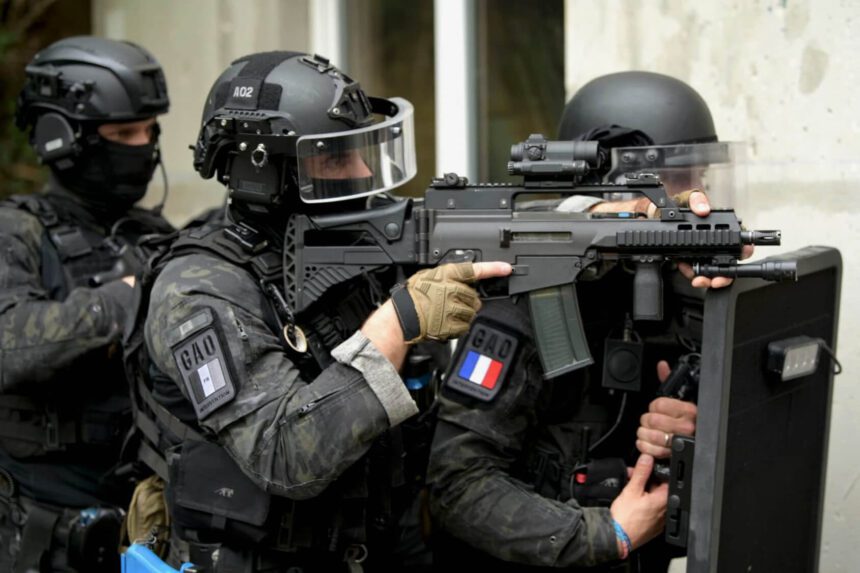Britain’s Window on the World
To understand how Europe responds to Russian threats, you must understand MI6. Known officially as the Secret Intelligence Service, it is Britain’s arm for gathering foreign intelligence and running covert operations abroad. From Cold War spy games in Berlin to tracking Russian cyber units today, the agency shapes how London sees the world and how it acts in defence of national and allied security.
Origins and Mandate
MI6 emerged in 1909 to counter German espionage before the First World War. After surviving both world wars, it expanded during the Cold War to focus on the Soviet Union. Its mandate covers foreign intelligence, not domestic security, which remains the responsibility of MI5. This distinction ensures that the agency operates outside Britain’s borders while still protecting national interests at home.
Structure and Secrecy
MI6 reports to the Foreign Secretary and ultimately to the Prime Minister. Its headquarters at Vauxhall Cross in London houses divisions dedicated to regions and themes, from counterterrorism to cyber operations. The Chief of MI6, known as “C,” leads the service, maintaining the tradition of signing communications with a single initial. The agency’s secrecy reinforces its mystique but also shields its failures from scrutiny.
Cold War Legacy
During the Cold War, the agency fought an intelligence war with the KGB across Europe. It recruited Soviet defectors, ran agents behind the Iron Curtain, and uncovered plots against Western governments. While notorious double agents like Kim Philby exposed its vulnerabilities, MI6 played a central role in keeping the West informed about Moscow’s intentions and military strength.
Confronting Russia Today
Russia’s hybrid warfare has pulled the agency back into confrontation with Moscow. The agency tracks cyberattacks, disinformation campaigns, and covert assassinations, including the 2018 Salisbury poisoning carried out by GRU operatives. MI6 works with allies to expose Russian espionage networks and disrupt operations that target European security and democratic institutions.


Role in the Hybrid Era
Beyond Russia, MI6 faces global threats from terrorism, authoritarian regimes, and emerging technologies. Yet Moscow remains a primary focus, as the Kremlin uses espionage, proxies, and influence campaigns to weaken the West. In this context, the agency acts as one of Europe’s key intelligence pillars, integrating with NATO and European services to build resilience against hybrid threats.
Strategic Importance
MI6 embodies Britain’s reach in the world. It allows London to operate as a global power despite economic or military limits. For Europe, the agency provides critical intelligence and operational expertise against Russian aggression. Understanding MI6 means understanding how intelligence shapes the balance between secrecy, security, and sovereignty in modern conflict.












